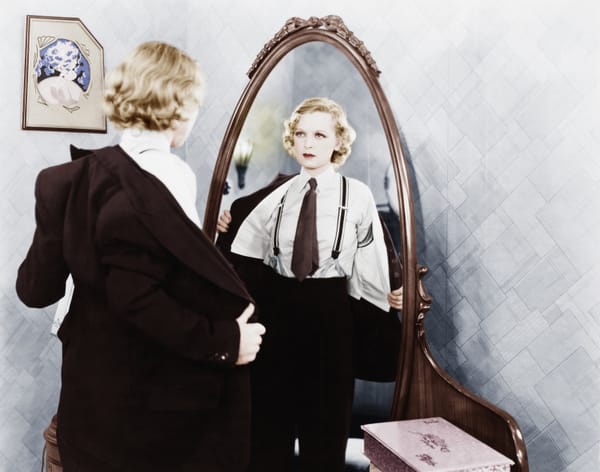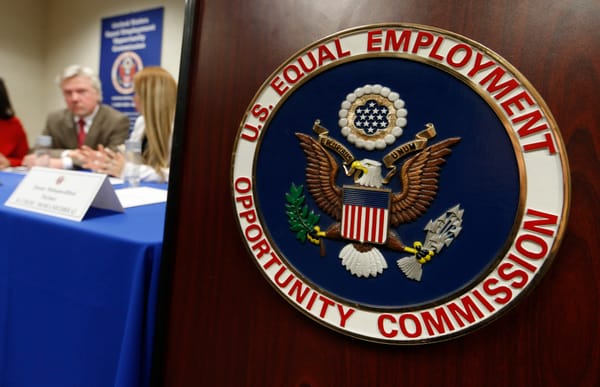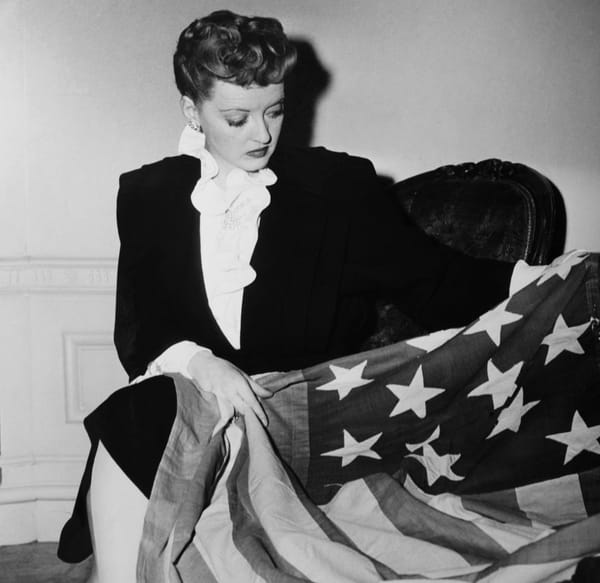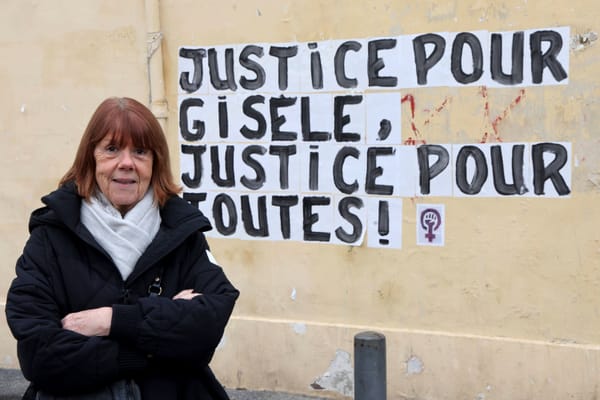‘Unity Is Key,’ They Said. Then Came The Kamala Zooms
White Dudes for Harris, Black Women for Kamala—identity politics is raising millions of dollars for the presumptive Democratic nominee. It’s a strategy no established politico would have recommended.
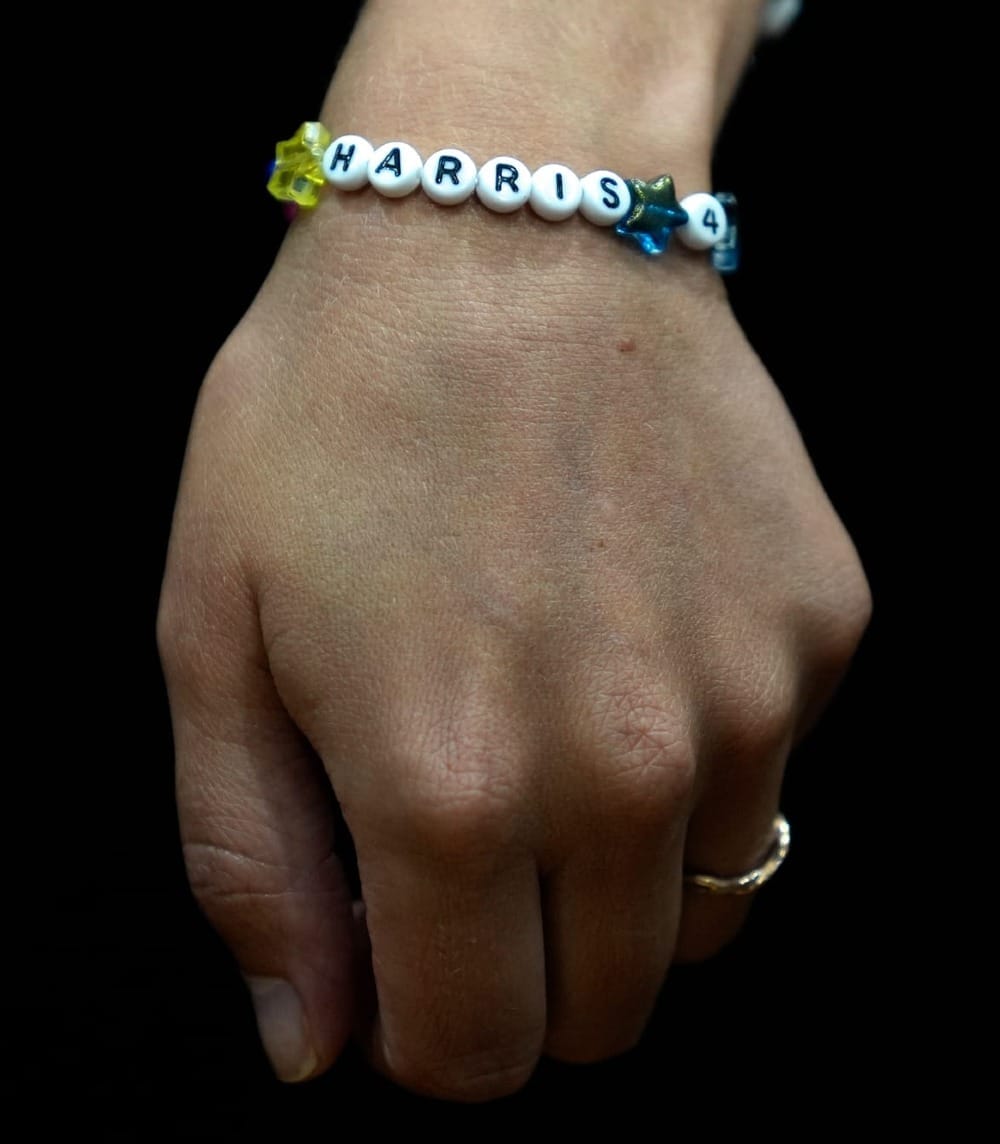
“White Dudes for Harris”: The title sounds deeply facetious, like a Saturday Night Live sketch rather than a Democratic strategy.
Yet Monday night’s Zoom call, which brought together thousands of men to fundraise for Kamala Harris, was anything but fantastical. Josh Groban, the musician (your mom’s favorite), rubbed online shoulders with the transportation secretary (and Harris’ potential running mate) Pete Buttigieg. The actor Mark Ruffalo tuned in alongside Tim Walz, another V.P. hopeful, and The Big Lebowski’s Jeff Bridges, a.k.a. The Dude himself. It was the world’s weirdest fantasy dinner party, but financially, it worked: by Tuesday morning, the men on the call had raised $4m for Harris’ campaign.
A week earlier, over 164,000 white women—including the veteran pop artist P!nk and the soccer player Megan Rapinoe—had briefly broken Zoom as they gathered for the same reason, generating $8.5 million in the process. Before them came Black Women for Kamala (streamed to over 90,000 participants), and Black Men for Kamala (streamed to over 50,000) both of which added substantially to the Kamala coffers.
Asian Americans, Native Hawaiians, and Pacific Islanders (AANHPIs) for Harris happened on Tuesday night; Latinos for Kamala happened on Wednesday. The phrase “united we stand, divided we fall” is, for these intents and purposes, so passé. Strategic division is getting things done.
Weaponizing identity politics
This successful weaponization of identity politics was the brainchild of Win With Black Women, an intersectional campaigning network of Black women leaders across the country, who arranged the original Zoom call in the immediate aftermath of Biden's decision to bow out of the presidential race on the evening of Sunday July 28. When over 90,000 people turned up to the call, which had been expected to gather hundreds, their feat made headlines. Some $1.6m poured into Harris’ campaign coffers over just three hours (the male-focused event made $1.3m in six.) A second online rally was scheduled for the next night, and the idea quickly spiraled out from there.
Such events may never have happened at all if the organizers had listened to veteran politicos. The Zoom calls’ success flies in the face of everything we have been told about identity politics: that it is divisive; that it is chronically online and removed from “real life”; that it is a niche interest beloved of “childless cat ladies” (as J.D. Vance might have it) who will gather to moan but never effect true change.
For years, the left has been told that unity is key, and that pursuing singular segments of the electorate won’t work. They’ve also been told that campaigning isn’t campaigning unless it’s knocking on doors. It’s all very well going viral, it has been said, but that’s not where the money comes from.
From coconut trees to brat
And yet, there is no arguing against the fact that a flurry of memes has boosted Harris’ image. Where once there were a few scattered coconut tree memes, now there are proclamations that “Kamala is brat”, white wine lists as veepstakes (will she choose a “medium full-bodied white” or an “interesting white” for her inevitably Caucasian running mate, tongue-in-cheek tweeters ask?); there’s “Karens for Kamala”, and a website that will put your favorite vinyl album in the vice president’s hand.
Publications as diverse as Bloomberg, Reuters, CBS News and The New Republic have all asked variations of the question: “Kamala is brat, but does brat win the election?” Journalism has flipped upside-down: Political reporters once confined to Beltway politics are now trying their hand at meme analysis, while lifestyle journalists who usually spend their time decoding Gen Z online phenomena about pop music and dance routines for the consumption of the confused older-millennial public (guilty) are now teaching us about the “KHive” (a Kamala-centric online fanbase playing off Beyonce’s “Beyhive”.) And the money is pouring in, in unprecedented amounts.
There is a definite humor to this memeification of Harris—her dancing is a little awkward, her delivery is a little more self-conscious than your average presidential wannabe. She doesn’t lend herself to virality — and the latest polls show Americans rate her as more intelligent, compassionate and honest than Donald Trump, yet less charismatic.
She is not bombastic, and she struggled to develop a brand as vice president. That’s not dissimilar to Joe Biden, who was relatively uninteresting until The Onion began to depict him as the free-wheeling, slightly unstable badass to Barack Obama’s sensible straight-man.
Meme evolution
Both of these meme evolutions followed a similar trajectory: they played off the fact that the subjects themselves were, well, kind of boring, and elevated them to absurd proportions. Harris’s trajectory, in particular, acknowledges her perceived downsides and says: Here they are. So what? What if being unashamedly uncool is cool? What if brat doesn’t mean what you think it does?
Within seconds of opening the Instagram app on Monday, I was served an ad from the Kamala Harris Victory Fund. Wearing a suit jacket and orange shirt, Harris smiled as she asked for a $10 donation and wrapped up her message with “Thank you and please take care.” It was perfectly pitched: personable yet serious; no “God bless America” or mention of “our troops” in sight.
A few hours later, another iteration of the ad popped up; this time, Harris wore all white—another suit—with subtle gold jewelry. She took up most of the screen, positioned on camera as one would appear on Zoom. Remember the official Republican response to the State of the Union earlier this year, made by the Alabama Senator Katie Britt, a former pageant queen, from her kitchen? It was the low-BS antidote to that: Kamala is not about to offer you some freshly baked cookies—she needs your cash to do a job. To hell with the idea that a woman can have it all, and look, do you have $10 or not? Let’s hop on a call.
Having won the public support of the digitally astute Obamas, it’s unsurprising that Harris and her team started out online. Are a bunch of Kamala memes going to change America? Of course not. Are the Zooms? I doubt it. Though there are some huge upsides to them in terms of outreach—a Zoom call is eminently more accessible to a young mother with no childcare arrangements or a rural voter who can’t afford the time or money to attend an urban rally —there are also huge downsides. Being in the digital know, a massive privilege in itself, is required. And those least likely to be in that position are also the people Harris needs most to win over: namely, older Americans. Polls indicate this section of the electorate still rates Trump as a better choice, even as the rest of America becomes more Kamala-curious.
Most sensible people, even full Kamala converts, would have to agree that the Zooms and the memes aren’t a full game plan—but they’re a strong first move. And it’s worth noting that Harris herself is hardly hiding behind a screen: she’s out on the campaign trail this week, visiting Atlanta on Tuesday. Naturally, Megan Thee Stallion will be playing at the rally.
Nevertheless, the huge success of those Zoom calls is worth celebrating. Because, it turns out, where the unabashedly ugly, sludgy “brat” green begins, another, less bilious, green follows: the dollar bill. Lots of them, in fact. More than anyone would ever have believed.
More from The Persistent.
It’s a Big Deal That a Woman Is Running For President. Here’s Why.
How Marine Le Pen Uses Her Femininity as a Smokescreen
A (Nearly) 50-50 Gender Split in the U.K.’s New Government. It’s About Time.


